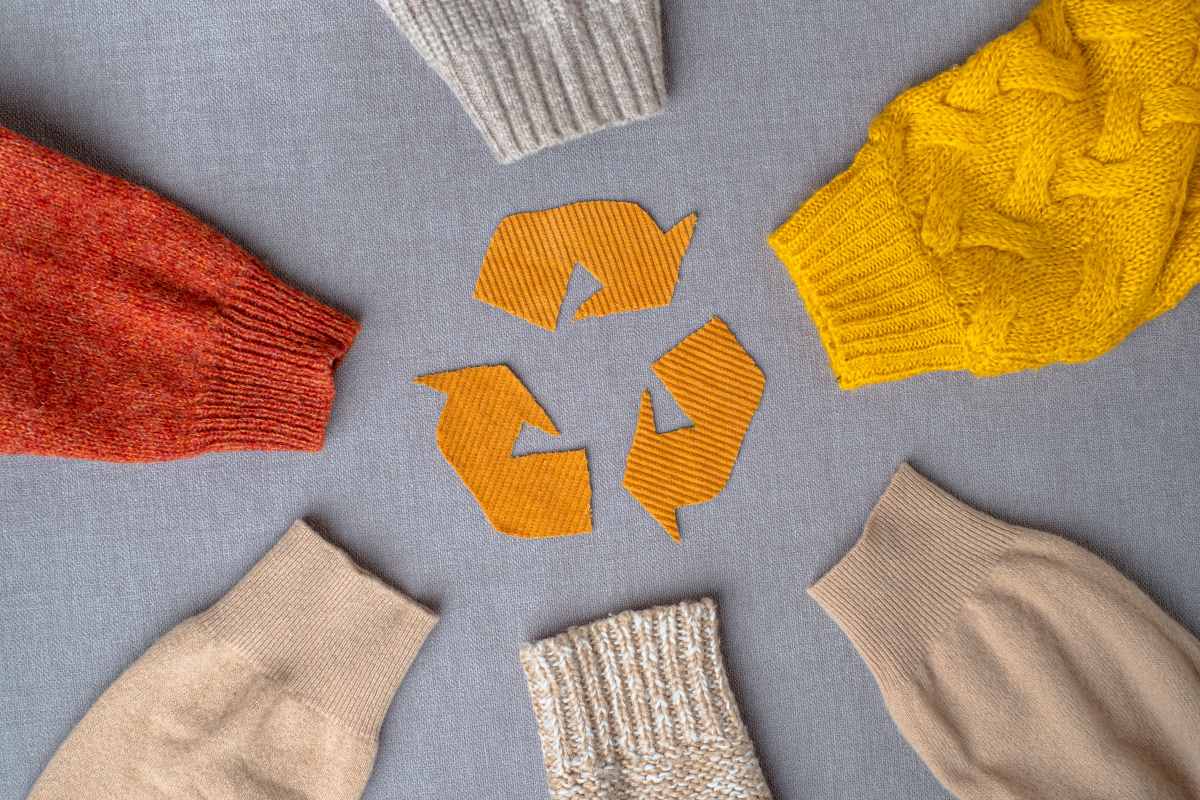Sustainable Fashion: 53% of EU Platforms Are in Italy, with 35% Holding High Relevance for Milano
MUSA Activity Report: Investigation to Provide Replicable Best Practices in the Milano Area
More than half of the European platforms in sustainable fashion are based in Italy, with 35% holding high relevance for the metropolitan city of Milano, while 28% have medium relevance, and 37% have low relevance. Furthermore, in the realm of sustainable fashion, 47% of the mapped platforms have a global geographic reach. This information is revealed in the MUSA Activity Report, an analysis on the subject that captured the situation as of last July, gathering data from March to June 2023.
The study began with the collection of 57 platforms across Europe that prioritize sustainability in their business models. In constructing the sample, the focus was on platforms that could provide replicable examples of best practices in the Metropolitan Area of Milano.
Those who conducted the study: The working group involved in the analysis benefited from the expertise of researchers such as Francesca Boni, Francesca Romana Rinaldi, and Elena Scoccianti from Bocconi University, who received feedback from an extended working group consisting of Daniel Trabucchi, Tommaso Bruganza, Silvia Gadola, and Gianluca Tedaldi from the Polytechnic University of Milano. Francesca Boni is also the founder of ‘Il vestito verde,’ a portal that recommends sustainable clothing brands and stores.
The data was collected through the platforms’ websites and corresponding LinkedIn pages. It was found that 53% of the platforms were based in Italy, with 42% dedicated to providing services, 16% informational, and the remaining platforms were involved with products and events. Platforms related to materials constituted a minority (10%). The mapping included 14 parameters, including website links, nationality, year of foundation, presence of public funding, platform type (informational, service-oriented, materials, products, events), sub-type, level of relevance for the metropolitan city of Milan, geographical scope, participation fees, result transparency, focus on sustainability, circularity, sectoral focus, and priority for small and medium-sized enterprises.
The study has yielded results that will serve as the foundation for the creation of a digital and physical platform for promoting sustainability in the fashion sector, with a focus on the city of Milano. One striking piece of information is the significant growth in sustainable fashion platforms across Europe since 2017, with peaks in 2018 and 2020. It is possible that the EU Strategy for Sustainable and Circular Fashion, published on March 30, 2022, and the subsequent Textiles Transition Pathway will lead to further growth in the future. Notably, 86% of the mapped platforms did not receive public funding, demonstrating the potential to create a collaborative platform supporting existing stakeholders and fostering new businesses in the sector, a significant factor for the autonomy of the MUSA platform.
Among the sector’s best practices is Centrinno, ‘New CENTRalities in INdustrial areas as engines for inNOvation and urban transformation,’ which aims to regenerate historic urban areas and cultural sites into hubs of entrepreneurship and social and cultural integration. It has received funding from the Horizon 2020 program, under the research and innovation framework 2014-2020, within the H2020-SC5-20-2019 call titled ‘Transforming historic urban areas and/or cultural landscapes into hubs of entrepreneurship and social and cultural integration.’
This project, running from 2020 to 2024, connects SMEs with the local territory through the use of facilities for urban regeneration. Of particular relevance to the MUSA project is Centrinno’s action in Milano, which focuses on the valorization of the Ex-Ansaldo area.
Fashion for Good in Amsterdam is also of significant impact, due to the involvement of companies in the sector in the investment process, aimed at increasing funding and disseminating knowledge, best practices, and innovation; thus, it is relevant for Milan’s interconnectedness with other European cities.
Moreover, Small but Perfect, a project co-financed by the European Union’s COSME program, aims to create an acceleration environment for SMEs in the circular economy of the fashion sector through the role of Business Support Organizations, promoting toolkits to support the circular transition of small and medium-sized textile and clothing companies. Among the project partners are Bocconi University, University of Athens, and Fashion Revolution Global.
Based on the conducted analysis, key elements have been identified for the construction of the platform, starting from circularity and innovation as the mission-objective and work approach for MUSA. This includes matchmaking to create a reference point for large companies, SMEs, accelerators, students, citizens, and institutions in circular and sustainable fashion, luxury, and design. Collaboration, not competition, is emphasized to avoid overlapping with existing projects and rather support stakeholders already active in the local territory; education is highlighted to leverage the central role of universities in the circular ecosystem to collect, process data, and raise awareness, providing content for various audiences and needs.
But above all, civic engagement and urban regeneration are crucial, starting from a strong connection with the municipal administration of Milan and reinforcing the existing community on sustainable and circular fashion. It will be essential to promote the dissemination of physical touchpoints and events in the city to stay in touch with citizens and involve them in the circular revolution, with the aim of being a protagonist in Milan’s urban regeneration.





